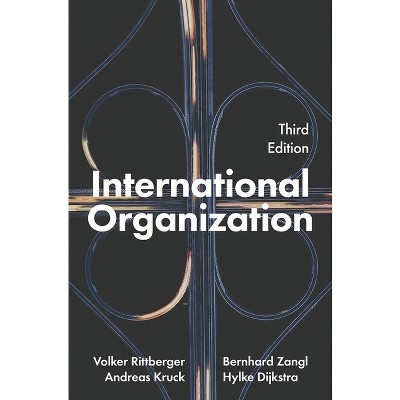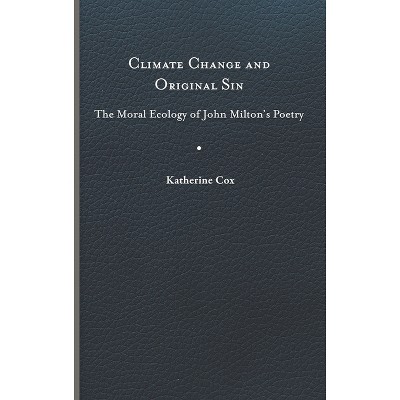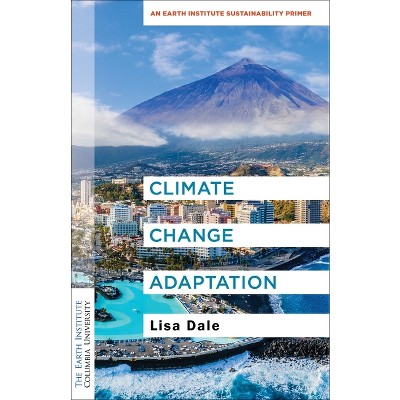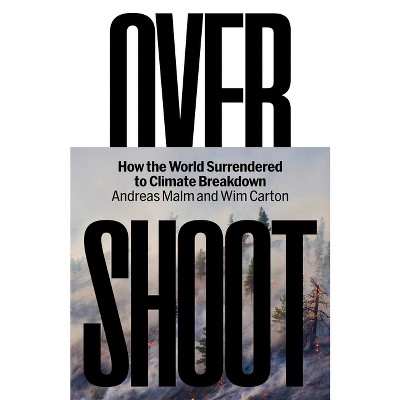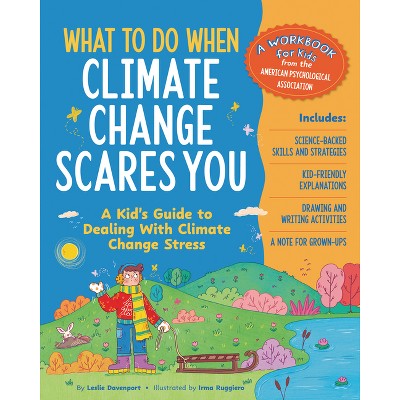Marine Resources, Climate Change and International Management Regimes - by Olav Schram Stokke & Andreas ØSthagen & Andreas Raspotnik (Hardcover)

About this item
Highlights
- This open access volume examines how international institutions set up to manage marine living resources are adapting to the effects of climate change on the geographic distribution of these resources.In the Barents Sea, the world's biggest cod stock is expanding north-eastwards, while in the Nordic Seas significant changes in abundance, distribution and migration patterns can be observed in the world's largest stocks for mackerel and herring.
- About the Author: Andreas Østhagen is a Senior Research Fellow at the Fridtjof Nansen Institute, Norway.
- 328 Pages
- Political Science, International Relations
Description
About the Book
"This book is available as open access through the Bloomsbury Open Access programme and is available on www.bloomsburycollections.com. When changes in the oceans impact fisheries, are states able to handle the management of these changes amongst themselves, or are they locked in patterns and mechanisms that prove inflexible and inefficient in dealing with rapid external environmental changes? This volume explores how international institutions and regimes set up to manage marine resources - predominantly fisheries - are adapting to the effects of climate change and the related consequences for the geographic distribution of these resources. In the Barents Sea, cod is expanding north-eastwards, while in the Norwegian Sea significant changes in abundance, distribution and migration patterns can be observed in pelagic species such as mackerel. In the Southern Ocean, the combined effect of increasing temperatures with associated declines in sea ice, ocean acidification and changes in circulation is likely to affect the geographical distribution of krill. These developments put established international management regimes under pressure. In this interdisciplinary research volume, world-leading marine biologists, international lawyers and political scientists join efforts to study the resilience of Arctic and Antarctic marine resource management institutions to large-scale shifts of major marine stocks"--Book Synopsis
This open access volume examines how international institutions set up to manage marine living resources are adapting to the effects of climate change on the geographic distribution of these resources.
In the Barents Sea, the world's biggest cod stock is expanding north-eastwards, while in the Nordic Seas significant changes in abundance, distribution and migration patterns can be observed in the world's largest stocks for mackerel and herring. In the Antarctic, increasing temperatures and the associated declines in sea ice, ocean acidification and changes in circulation is likely to affect the geographical distribution of krill, the keystone species of Southern Ocean ecosystems. These developments put established international management regimes under pressure.
In this interdisciplinary research volume, world-leading marine biologists, international lawyers and political scientists join efforts to study the resilience of Arctic and Antarctic marine resource management institutions to large-scale shifts of major marine stocks.
The eBook editions of this book are available open access under a CC BY-NC-ND 3.0 licence on bloomsburycollections.com.
About the Author
Andreas Østhagen is a Senior Research Fellow at the Fridtjof Nansen Institute, Norway.
Andreas Raspotnik is a Senior Research Fellow at the Fridtjof Nansen Institute, Norway. Olav Schram Stokke is a Professor of Political Science at the University of Oslo, Norway, and Research Professor at the Fridtjof Nansen Institute, Norway, where he also served as Research Director for many years.






